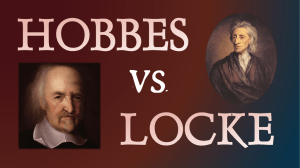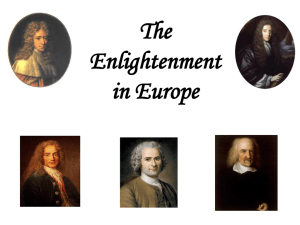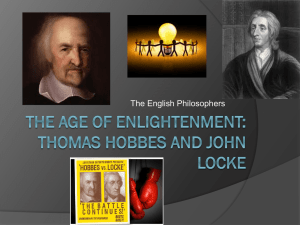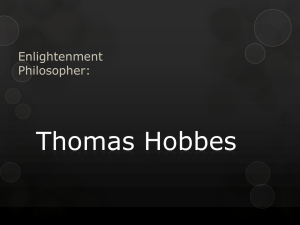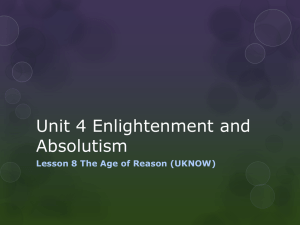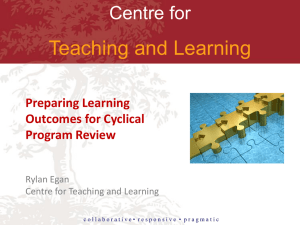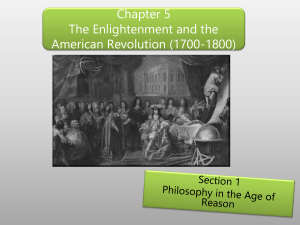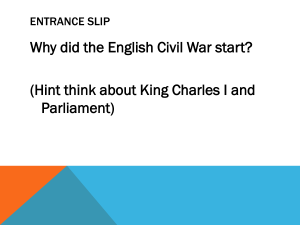CHAPTER 2 Political Theory and Political Beliefs
advertisement
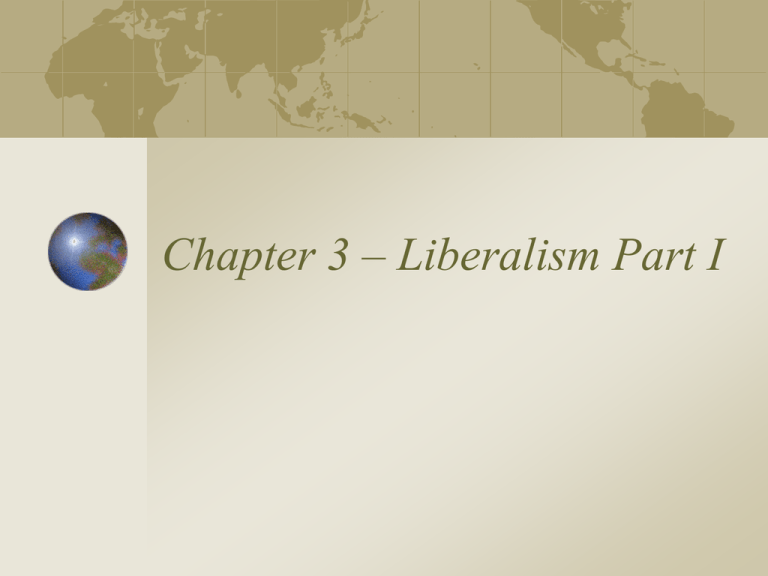
Chapter 3 – Liberalism Part I Classical Liberalism Places the “highest value on individual freedom” and posits that “the role of government should be limited” Stresses limited government & “laissez-faire” economy Equality before the law, but no attempt to create actual equality of condition (this would come later) John Locke was the first classical liberal Extended Hobbes’s theory of the social contract Locke argues that the King, who previously ruled by the divine right theory of monarchy, had no legitimacy to rule without the social contract By today’s standards, Locke was a classical liberal and represents a more traditional approach Radical at the time The Protestant Reformation Martin Luther (1483-1546) initiates the Protestant reformation against the Roman Catholic Church by tacking his 95 Theses to the Wittenberg Church in 1517 Protested the sale of indulgences for the benefit of the Catholic Church Protested general corruption in the Church and called for Reform, not Tolerance Called on a certain degree of individual conscience and thought Never intended to recommend freedom of religion Protestant Reformation (con’t) Jean Calvin (1509-1564) developed a theocratic government in Geneva based on the Reformed Church. Also did not intend to promote freedom of religious practice Did encourage that one consult one’s individual conscience – in an effort to understand and practice scripture according to Reform Protestantism Thomas Hobbes (1588-1679) (A proto- liberal) Before government, people lived in a “state of nature” Although people are generally rational, they are also selfish, in Hobbes’s view Conflicts are inevitable For Hobbes, the state of nature is “solitary, poor, brutish, nasty, and short” Social Contract Theory: To exit the State of Nature, people agree to a social contract with the sovereign People give up some freedoms and allow the sovereign to have power over them in return for protection from the “war of all against all” in the state of nature People invest authority in the sovereign to rule in order to prevent chaos, war, and divisiveness. Thomas Hobbes (1588-1679) (A proto- liberal) Although the purpose of Leviathan was to derive a new method of giving legitimacy to the Monarch, his premises were proto-liberal: The monarch’s legitimacy comes from the people, not from the power of divine right He used a state of nature argument to set up a new contract theory King is justified only by the consent of the people But the King is given absolute sovereignty Limited government would have to await Locke’s 2nd Treatise John Locke (1632 – 1704) People are rational with inherent natural right to life liberty and property (John Locke, The Second Treatise of Government) Also emphasized a right to revolution: the ruled may resist a monarch that deprives them of the rights to life, liberty, and property One of the most important foundational thinkers for the U.S. • Strongly influenced Tom Paine and others who justified the American Revolution on distinctly Lockeian grounds • Declaration of Independence is a Lockeian document (articulates the right to “life liberty, and the pursuit of happiness” Jean-Jacques Rousseau (1712-1778) First promoted the idea of the “noble savage” Was a Social Contract Theorist, along with Hobbes and Locke Polar opposite of Hobbes on Human Nature: People are inherently cooperative and peaceable Believed that humans would be happier in a state of nature, but that it is unrealistic Social life and institutions “corrupt” people – cause them to be vain, acquisitive, and overly competitive The environment overcomes our inherently cooperative and peaceful human nature Tried to design a social contract that would bring out our naturally good nature Thomas Hobbes, Leviathan (published 1651) In the 8th ed, Hobbes is Reading 3.10 – please read pages 57-59 only In the 9th ed, Hobbes is Reading 3.11 – please read pages 60-62 only When can man have productivity rather than strife? When there is “a power able to over-awe then all” (p. 57 right column in 8th ed./p. 60 right column in 9th ed.) What does he think are the 3 main causes of conflict? Competition, Diffidence, Glory (p. 57 bottom rt & p. 58 top left in 8th ed.) (p. 61 top left in 9th ed.) How does Hobbes describe life in State of Nature? “There is no place for industry… no arts, no letters, no society… & the life of man is solitary, poor, nasty, brutish & short (p. 58 left bottom in 8th ed./p. 61 left bottom in 9th ed.) Note the requirement of a “common strong power” (Leviathan ruler) for Hobbes’s political philosophy (p. 59 left in 8th edition/p. 62 left in 9th edition) Reading 3.11/Reading 3.12: John Locke’s 2nd Treatise of Gov’t (1690) (8th ed: pp. 68-77 only/9th ed: pp. 71-79 only) How does Locke characterize the state of nature: as a place of liberty or constraint? Is Locke an atheist or agnostic? Is there a Law of nature? What are the limitations of the state of nature? Did the state of nature exist, in Locke’s view? If so, how and where? Topics on this slide are addressed in the section “Of the State of Nature” (pp. 68-71 in the 8th/pp. 71-74 in the 9th) Locke’s 2ndTreatise of Government (con’t) Why is property so crucial for Locke’s political theory? (pp. 71-72/74-75) What confers ownership on a person, for Locke (p. 72/74) Is there a limit to how much property one may “engross,” or can one acquire as much as one wishes? (p. 72 bot rt/76 top lft) Locke’s 2nd Treatise of Government (con’t) What are the 3 essential natural rights of people? (p. 76 bot left/pp. 79 bot right) What is the 4th natural right (76 mid lft/79 bottom right onto p. 80) What justifies revolution in Locke’s view? Policy slip ups, mismanagement, high crimes & misdemeanors, or something more? (p. 77 rt/p. 80 rt)



